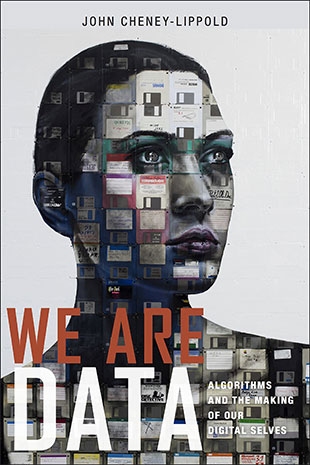"Google is 'watching' us, but we're also voluntarily logging into Google's servers, quickly and wantonly accepting terms of service agreements that relinquish our formal rights to privacy. This is a type of surveillance, surely, but it's also something different. It's what computer scientist Roger Clarke calls dataveillance, 'the systematic monitoring of people's actions or communications through the application of information technology' that reconfigures the character of surveillance and its subjects.
"For thinkers like Clarke, the introduction of information technology into the surveilling relationship fundamentally changes both what is being watched and how that watched object is perceived. It is our data that is being watched, not our selves. And when dataveillance observes, saves, pattern analyzes, and uses our own data to profile us, its relationship to liberal theories of privacy becomes muddled. The data that Google, Microsoft, and Yahoo! collect is sometimes encrypted, usually anonymized, and mostly 'not personally identifiable,' leading some privacy theorists to argue 'no harm, no foul' if such data cannot be tracked back to an individual, discrete, personally nameable self.
"But what dataveillers know about me is not just a catalogue of different data elements. These elements must be aggregated, cross-referenced, and algorithmically analyzed to produce knowledges about my life that, while not discernible at face value, can then be used by marketers, political campaigns, spy agencies, big-data researchers, and even police departments. Google's dataveillance creates the datafied templates, or measurable types, for what it means to be an 'old' 'man.' Web-audience measurement company Quantcast constructs the datafied idea of users who are 'Hispanic.' And the NSA uses its incredible government dragnet to pattern analyze who is a 'terrorist.' "
